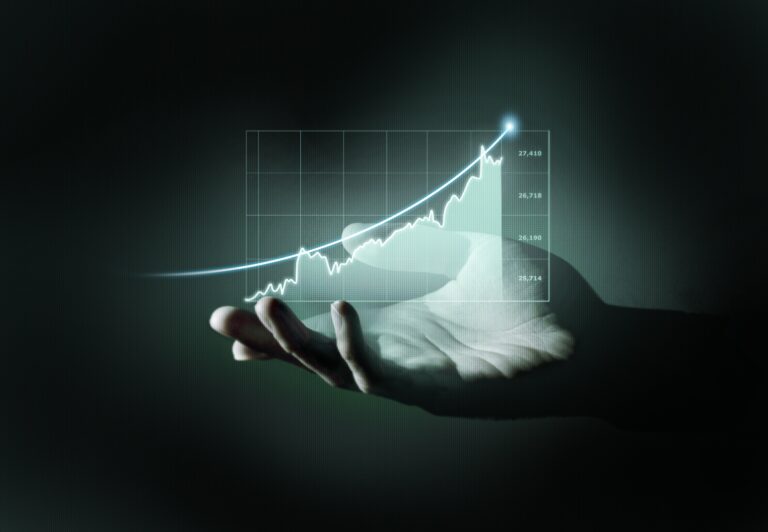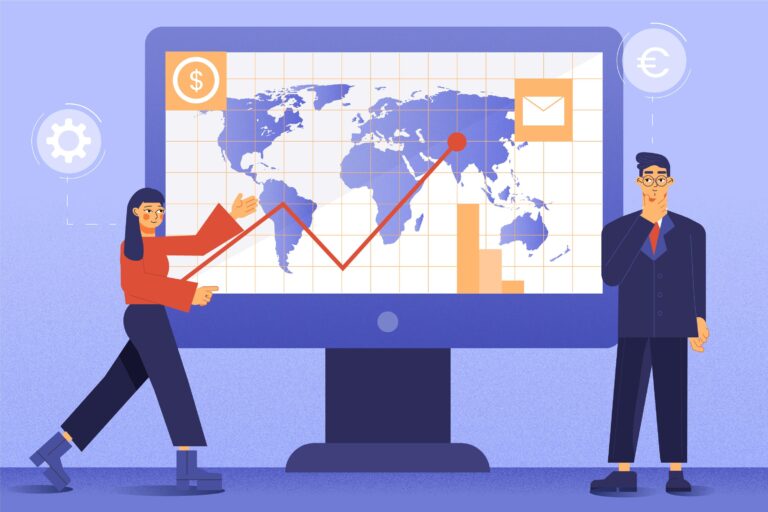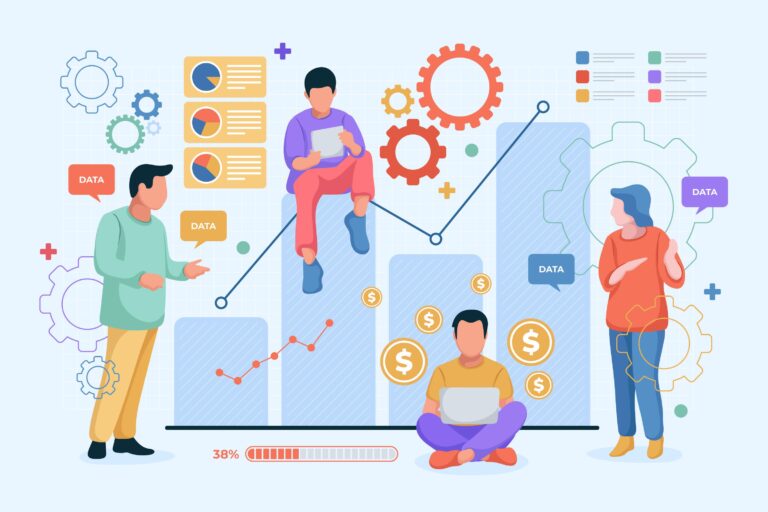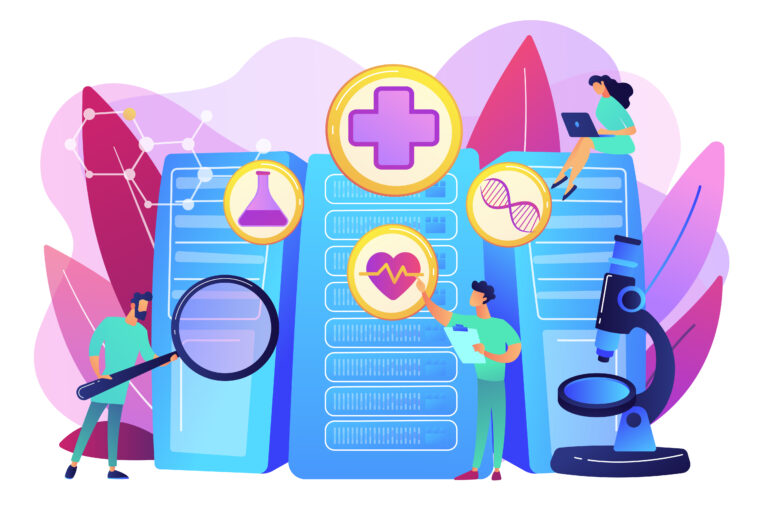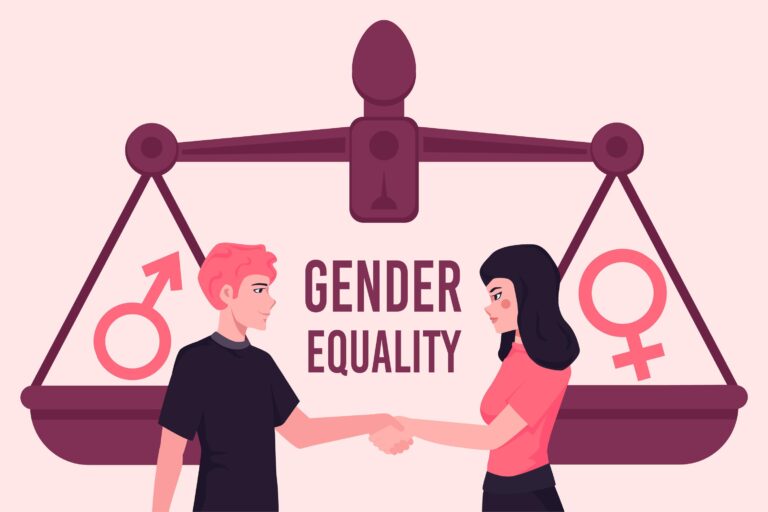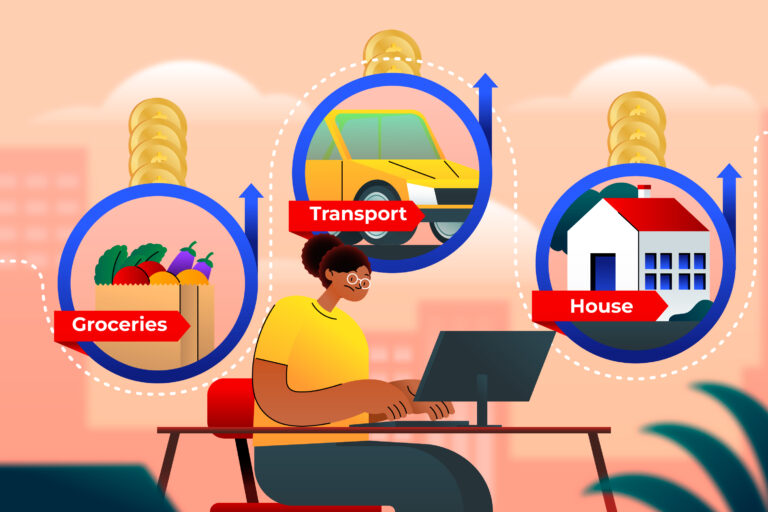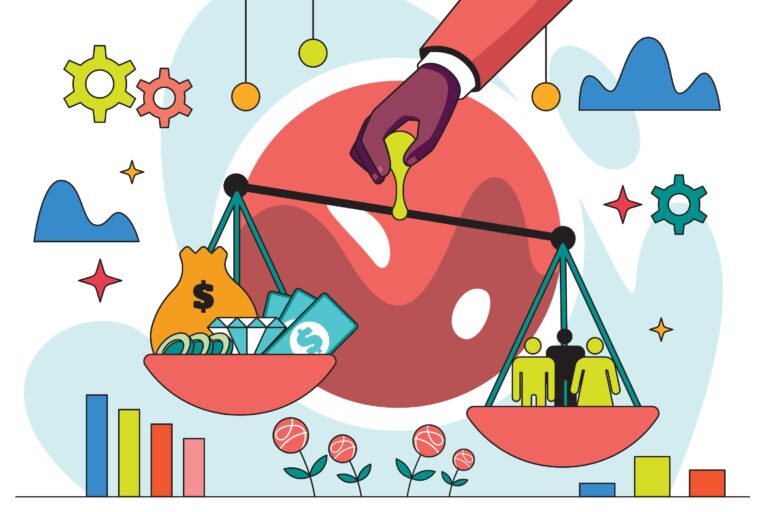Time Series Econometrics: Detecting Bubbles, Non-Linear Models, and Statistical Inference
Introduction Time series econometrics is a crucial area of study that focuses on analyzing data collected over time. This field is particularly important for understanding economic trends, forecasting future events, and detecting market anomalies like bubbles and crashes. This blog delves into the econometric detection of bubbles and crashes, specification testing and forecasting in non-linear…


